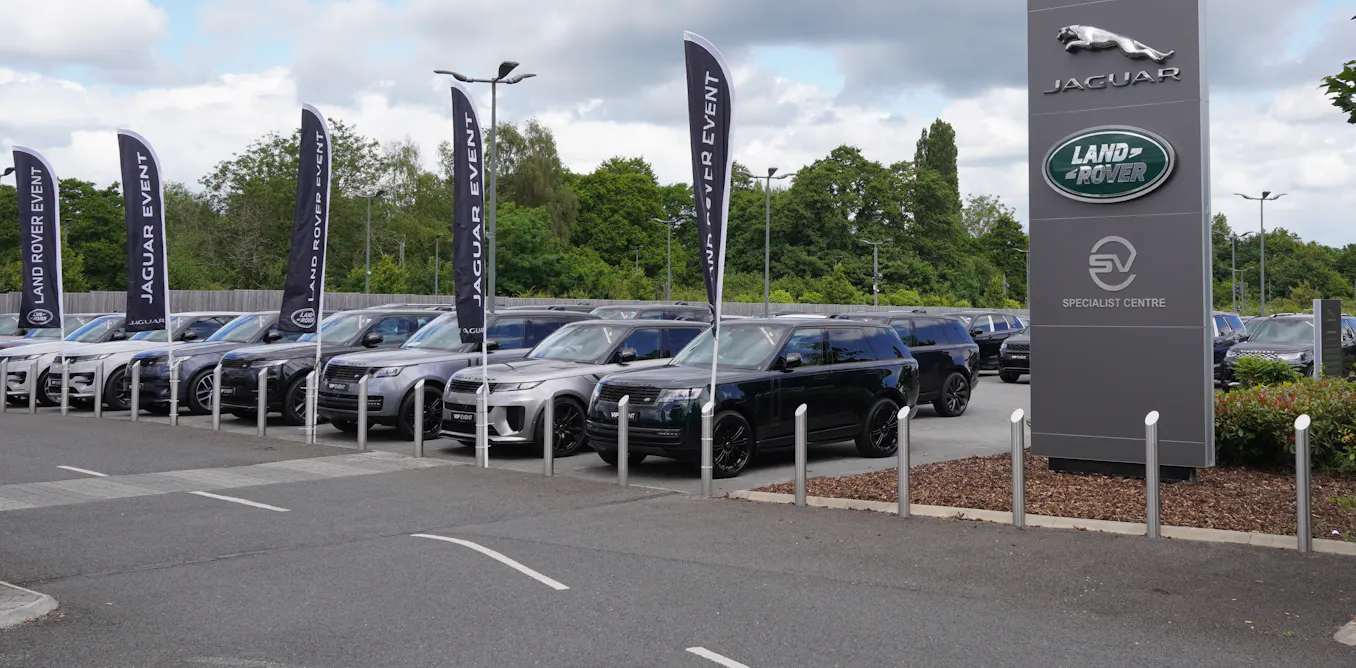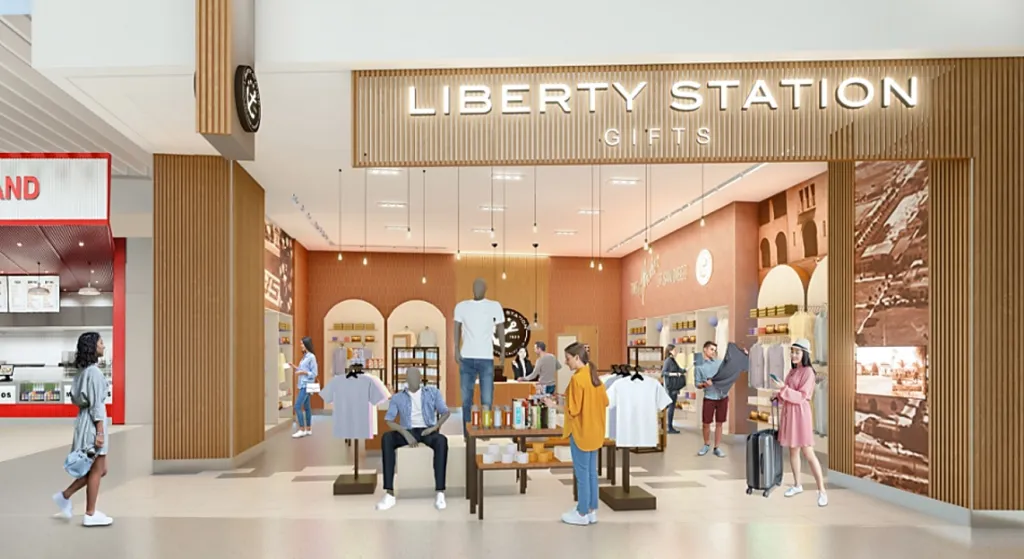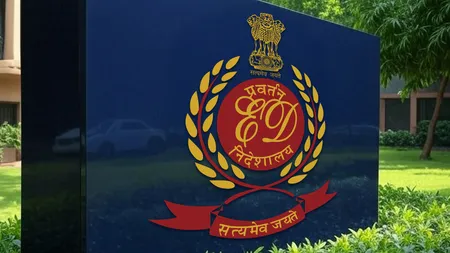Cyber-attackers slammed the brakes on Jaguar Land Rover’s manufacturing – here’s why the UK government should step in
By David Bailey,Professor of Business Economics,University of Birmingham
Copyright theconversation

Car manufacturing at Jaguar Land Rover recently ground to a halt after a “catastrophic” cyber-attack.
Forced to shut down plants in the UK, Slovakia, Brazil, India and China, the disruption comes at a challenging time for the company. It had already postponed the launch of new models after the uptake of electric vehicles stalled. And Donald Trump’s tariffs have been a major cause of concern for the British car industry as a whole.
Profits at Jaguar Land Rover (JLR) will undoubtedly take a hit, as they did at M&S and Co-op when they were the victims of cyber-attacks earlier this year.
Normally, JLR makes around 1,000 cars a day, with the average price of a new vehicle around £72,000. That means JLR is missing out on daily sales of some £72 million, and profits of £5 million a day.
The firm has now extended the shutdown to September 24 2025, by which time the loss of revenues will be around £1.7 billion and the hit to profits some £120 million. There are even fears that this could go on until November, and restarting production will be a complex business given the “build to order” nature of premium cars (when vehicles are only manufactured after a customer purchase is confirmed).
But the longer the shutdown goes on, the more likely it is that those customers will simply decide to go elsewhere. For the time being, spare parts can’t be ordered, cars can’t be serviced, and new car sales will stall, in what is usually a particularly busy month.
The firm’s brand image will take a battering too, to add to recent social media derision which has included an attack from Donald Trump and a much maligned brand relaunch last year which centred on the controversial design of its “Type OO” concept car.
There are also livelihoods at stake. The company’s supply chain, centred in the west Midlands region of the UK, supports as many as 200,000 jobs.
The longer the shutdown goes on the bigger the impact on the supply chain. Firms have already sent staff home, while others are running out of money. According to the Unite union, some supply chain workers have been told to apply for state benefits.
For its part, JLR has said that it can survive the shutdown but that its supply chain will need help – a call echoed by the union and some members of parliament.
And the UK government really needs to start thinking about a financial lifeline to keep the supply chain going. That could be in the form of a furlough scheme to keep workers in place or some sort of loan scheme for supply chain firms.
Both were used during COVID and thought to have safeguarded some 4 million jobs.
Emergency support in response to shocks is common in other countries like Germany, and has been used in the UK car manufacturing supply chain before, after the MG Rover closure in 2005, and also after the 2011 Japanese earthquake and tsunami which saw the interrupted flow of key components from Japan shut down production at Honda.
That support came via the regional development agency Advantage West Midlands (in the case of MG Rover) and later the Manufacturing Advisory Service (after the Japanese earthquake).
Both agencies have since been scrapped, underscoring the lack of any “place-based” or region-specific industrial policy capacity in England. That really needs to change.
The Department for Business and Trade and its new secretary of state Peter Kyle need to be doing more than just monitoring the situation. It needs to start thinking about how emergency support could be provided to the supply chain. A huge number of jobs depend on JLR getting up and running again – and quickly.



